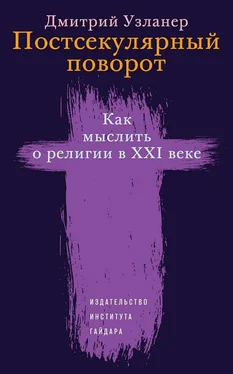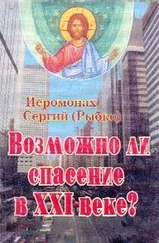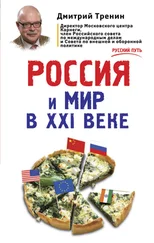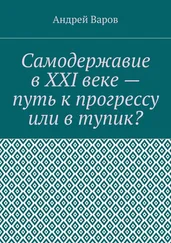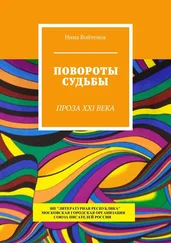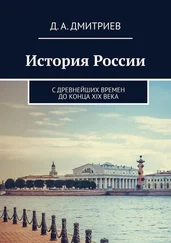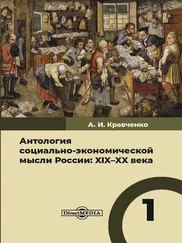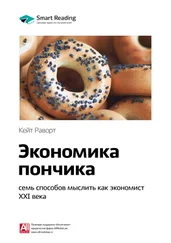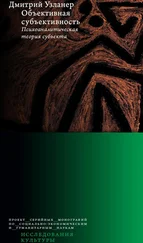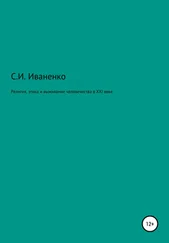Harrington A. Habermas and the «Post-Secular Society» // European Journal of Social Theory. 2007. 10 (4): 543–560.
Harrison P «Religion» and the Religions in the English Enlightenment. Cambridge University Press, 1990.
Harrison P. The Book of Nature and Early Modern Science // Berkel R. van, Vanderjagt A. (eds.) The Book of Nature in Early Modern and Modern History. Peeters, 2006.
Hart D. B. Atheist Delusions: The Christian Revolution and Its Fashionable Enemies. New Haven, CT: Yale University Press, 2010.
Hashemi M. A Post-Secular Reading of Public Sociology // Social Compass. 2016. 63 (4): 461–477.
Haynes J. (ed.) Routledge Handbook of Religion and Politics. London and New York: Routledge, 2009.
Herman A., Beaumont J., Cloke P., and Walliser A. Spaces of Postsecular Engagement in Cities // Beaumont J., Cloke P. (eds.) Faith-Based Organizations and Exclusion in European Cities. Bristol: Policy Press, 2012. P. 59–80.
Holyoake G. J. English Secularism: A Confession of Belief. Chicago: The Open Court Publishing Company, 1896.
Horowitz M. C. (ed.) New Dictionary of the History of Ideas. Thomson Gale, 2005.
Horuzhy S. S. Anthropological Dimensions of the Postsecular Paradigm [http://synergia-isa.ru/wp-content/uploads/2011/05/hor_faenza_2011.pdf, доступ от 12.05.2019].
Hunter J. D. Culture Wars: The Struggle to Control the Family, Art, Education, Law, and Politics in America. Basic Press, 1991.
Janicaud D. Le Tournant theologique de la phenomenologie francaise. Combas: Ed. de l’Eclat, 1991.
Jarzyñska K. The Russian Orthodox Church as Part of the State and Society // Russian Politics and Law . 2014. 52 (3): 87–97.
Jenkins Ph. God’s Continent: Christianity, Islam, and Europe’s Religious Crisis. Oxford University Press, 2009.
Kalaïtzidis P. Orthodox Theology and the Challenges of a Post-Secular Age: Questioning the Public Relevance of the Current Orthodox Theological «Paradigm» // Fihas R. (ed.) Proceedings of the International Conference «Academic Theology in a Post-Secular Age». Lviv: Institute of Ecumenical Studies (Lviv), St. Andrew’s Biblical Theological Institute (Moscow), 2013. P. 4–26.
Karpov V. Desecularization: A Conceptual Framework // Journal of Church and State. 2010. 52 (2): 232–270.
Karpov V. The Social Dynamics of Russia’s Desecularisation: A Comparative and Theoretical Perspective // Religion, State and Society. 2013. 41 (3): 254–283.
King R. (ed.) Religion, Theory, Critique: Classic and Contemporary Approaches and Methodologies. N. Y.: Columbia University Press, 2017.
Kitcher F. Science in a Democratic Society. Prometheus Books. 2011.
Kitcher F. Science, Truth, and Democracy. Oxford University Press, 2001.
Knott K. Cutting through the Postsecular City: A Spatial Interrogation // Molendijk A., Beaumont J. and Jedan Ch. (eds.) Exploring the Postsecular. Bristol: Policy Press, 2012. P. 19–38.
Köllner T. On the Restitution of Property and the Making of «Authentic» Landscapes in Contemporary Russia // Europe-Asia Studies. 2018. 70 (7): 1083–1102.
Köllner T. Patriotism, Orthodox Religion and Education: Empirical Findings from Contemporary Russia // Religion, State & Society. 2016. 44 (4): 366–386.
Kyrlezhev A. On the Possibility or Impossibility of an Eastern Orthodox Political Theology // Stoeckl K., Gabriel I. and Papanikolaou A. (eds.) Political Theologies in Orthodox Christianity. London, New York: Bloomsbury, 2017. P. 181–187.
Kyrlezhev A. The Postsecular Age: Religion and Culture Today // Religion, State, and Society. 2008. 36 (1): 21–31.
Leezenberg M. How Ethnocentric Is the Concept of the Postsecular? // Molendijk A., Beaumont J. and Jedan Ch. (eds.) Exploring the Post-Secular. The Religious, the Political and the Urban. Leiden: Brill, 2010. P. 91–112.
Lipset S. M., Rokkan S. Cleavage Structures, Party Systems, and Voter Alignments: An Introduction // Lipset S. M. and Rokkan S. (eds.) Party Systems and Voter Alignments: Cross-National Perspectives. New York: Free Press, 1967. P. 1–64.
Losonczi P., Singh A. (eds.) Discoursing the Post-Secular. Essays on the Habermasian Post-Secular Turn. Münster: LIT-Verlag, 2010.
Lotman Iu., Uspenskii B. Binary Models in the Dynamics of Russian Culture (to the End of the Eighteenth Century) // The Semiotics of Russian Cultural History. Ithaca, N. Y.: Cornell University Press, 1985. P. 30–66.
Löwith K. Weltgeschichte und Heilsgeschichte. Die Theologischen Voraussetzungen der Geschichtsphilosophie. Stuttgart, 1953.
Luckmann Th. The Invisible Religion: The Problem of Religion in Modern Society. L.: Collier-Macmillan, 1970.
Lyotard J.-F. The Postmodern Condition. Manchester: Manchester University Press, 1984.
MacIntyre A. Whose Justice? What Rationality? Notre Dame, Indiana: University of Notre Dame Press, 1988.
Maclure J., Taylor Ch. Secularism and Freedom of Conscience. Cambridge, Mass.: Harvard University Press, 2011.
Makrides V. N. Orthodox Christianity and State/Politics Today. Factors to Take into Account // Koellner T. (ed.) Orthodox Religion and Politics in Contemporary Eastern Europe. On Multiple Secularisms and Entanglements. L.: Routledge, 2018.
Makrides V. N. Political Theology in Orthodox Christian Contexts: Specificities and Particularities in Comparison with Western Latin Christianity // Stoeckl K., Gabriel I., Papanikolaou A. (eds.) Political Theologies in Orthodox Christianity: Common Challenges — Divergent Positions. Bloomsbury T&T Clark, 2017. P. 25–54.
Martin D. A General Theory of Secularization. L.: Harper and Row, 1978.
Martin D. Pentecostalism: The World Their Parish. Wiley-Blackwell, 2001.
Masuzawa T. The Invention of World Religions: Or, How European Universalism Was Preserved in the Language of Pluralism. Chicago: University of Chicago Press, 2005.
Mccutcheon R. T. Manufacturing Religion: The Discourse on Sui Generis Religion and the Politics of Nostalgia. Oxford University Press, 1997.
McLennan G. Spaces of Postsecularism // Molendijk A. L., Beaumont J. and Jedan C. (eds.) Exploring the Postsecular: The Religious, the Political and the Urban. Leiden, Boston: Brill, 2010. P. 41–62.
McLennan G. The Postsecular Turn // Theory, Culture & Society. 2010. 27 (4): 3–20.
McLennan G. Towards Postsecular Sociology? // Sociology. 2007. 41 (5): 857–870.
McMullin N. The Encyclopedia of Religion: A Critique from the Perspective of the History of the Japanese Religious Traditions // Method & Theory in the Study of Religion. 1989. 1 (1): 80–96.
Meillassoux Q. After Finitude: An Essay on the Necessity of Contingency. L.: Continuum, 2008.
Mendieta E., VanAntwerpen J. (eds.) The Power of Religion in the Public Sphere. New York: Columbia University Press, 2011.
Milbank J. Beyond Secular Order: The Representation of Being and the Representation of the People. Chichester: Wiley-Blackwell, 2014.
Milbank J. Faith, Reason and Imagination: The Study of Theology and Philosophy in the 21st Century // Milbank J. Future of Love: Essays in Political Theology. Eugene, Oregon: Cascade Books, 2009.
Milbank J. Materialism and Transcendence // Davis C., Milbank J., Žižek S. (eds.) Theology and the Political: The New Debate. Durham, L.: Duke University Press, 2005. P. 393–426.
Читать дальше
Конец ознакомительного отрывка
Купить книгу
